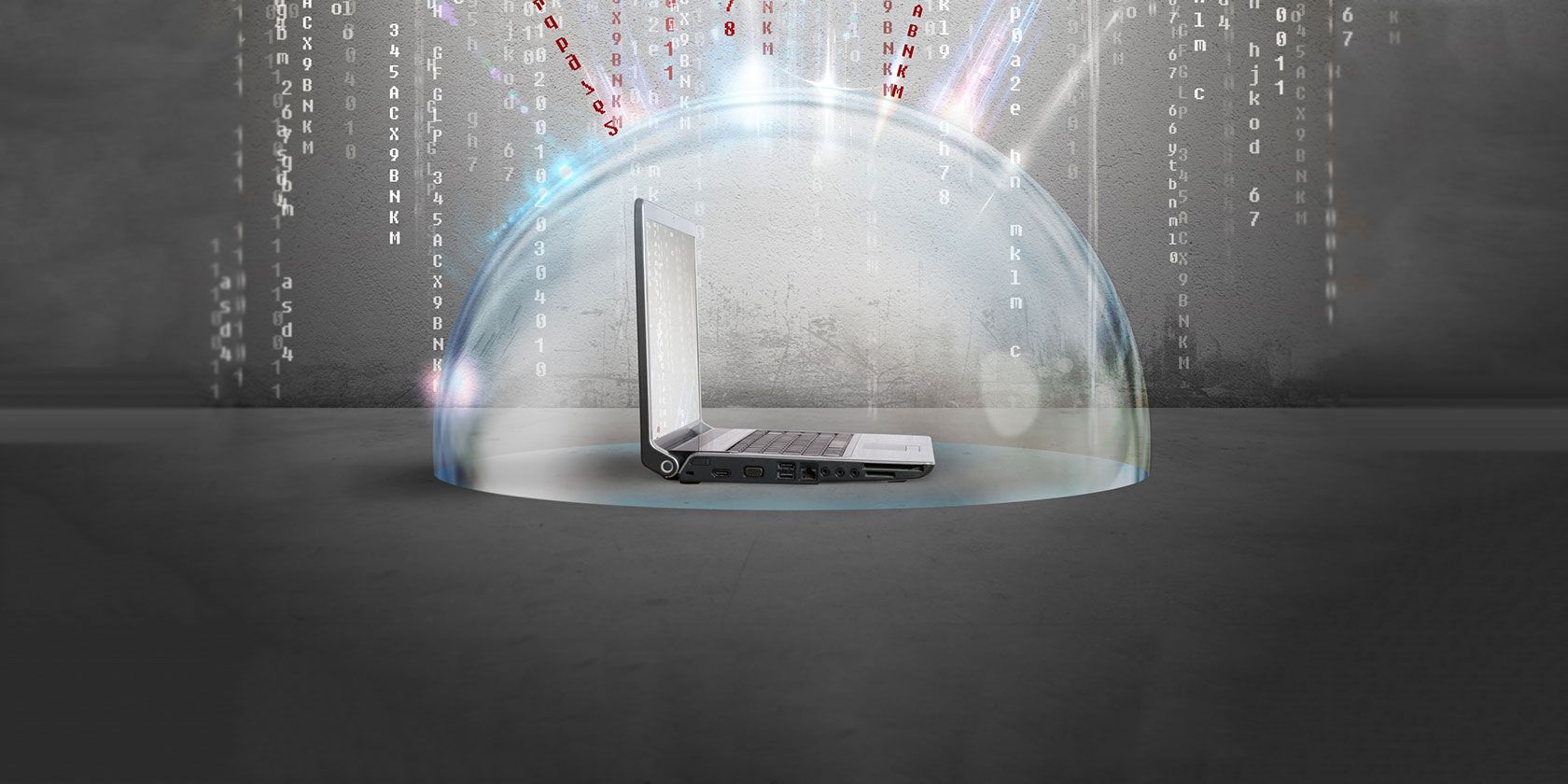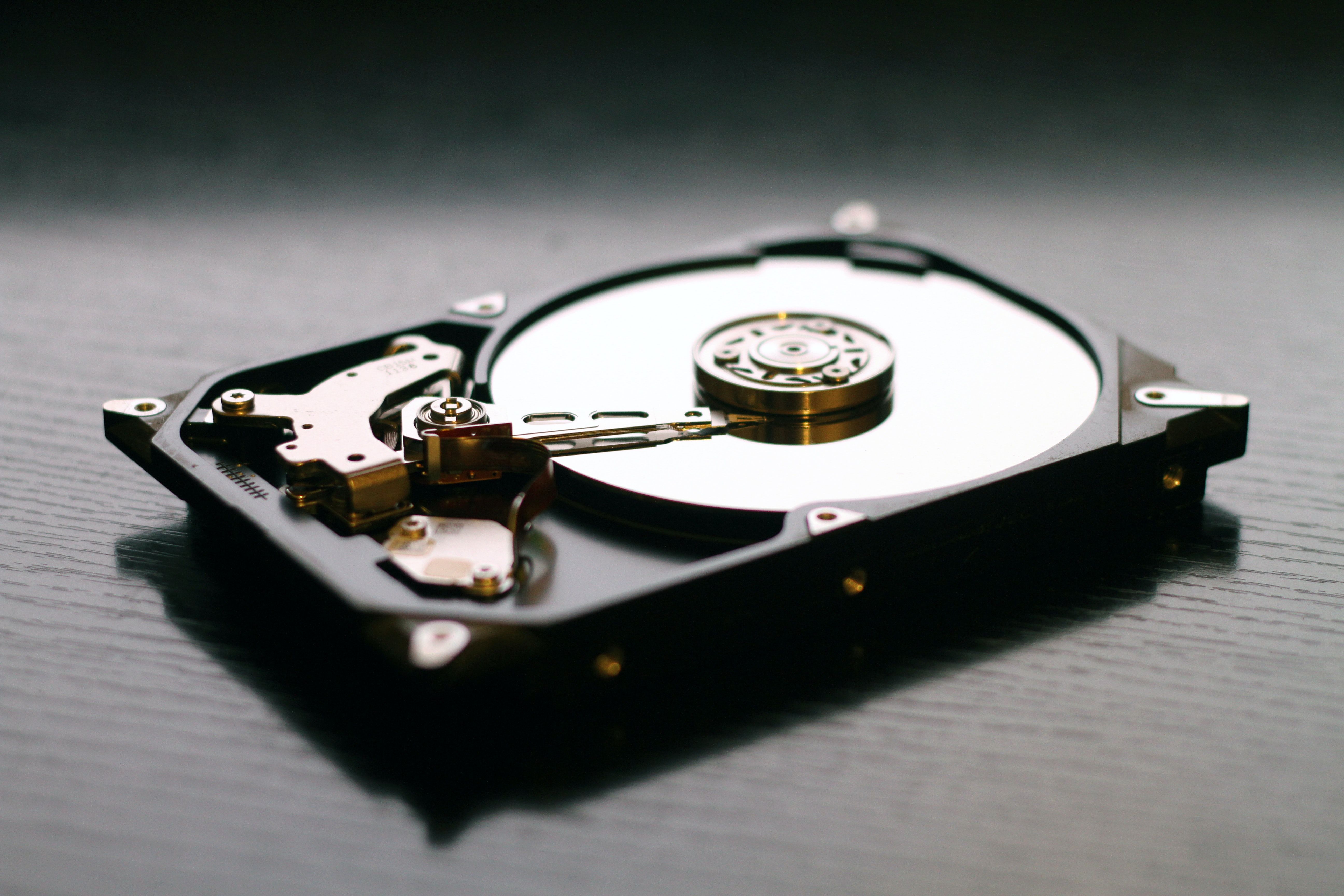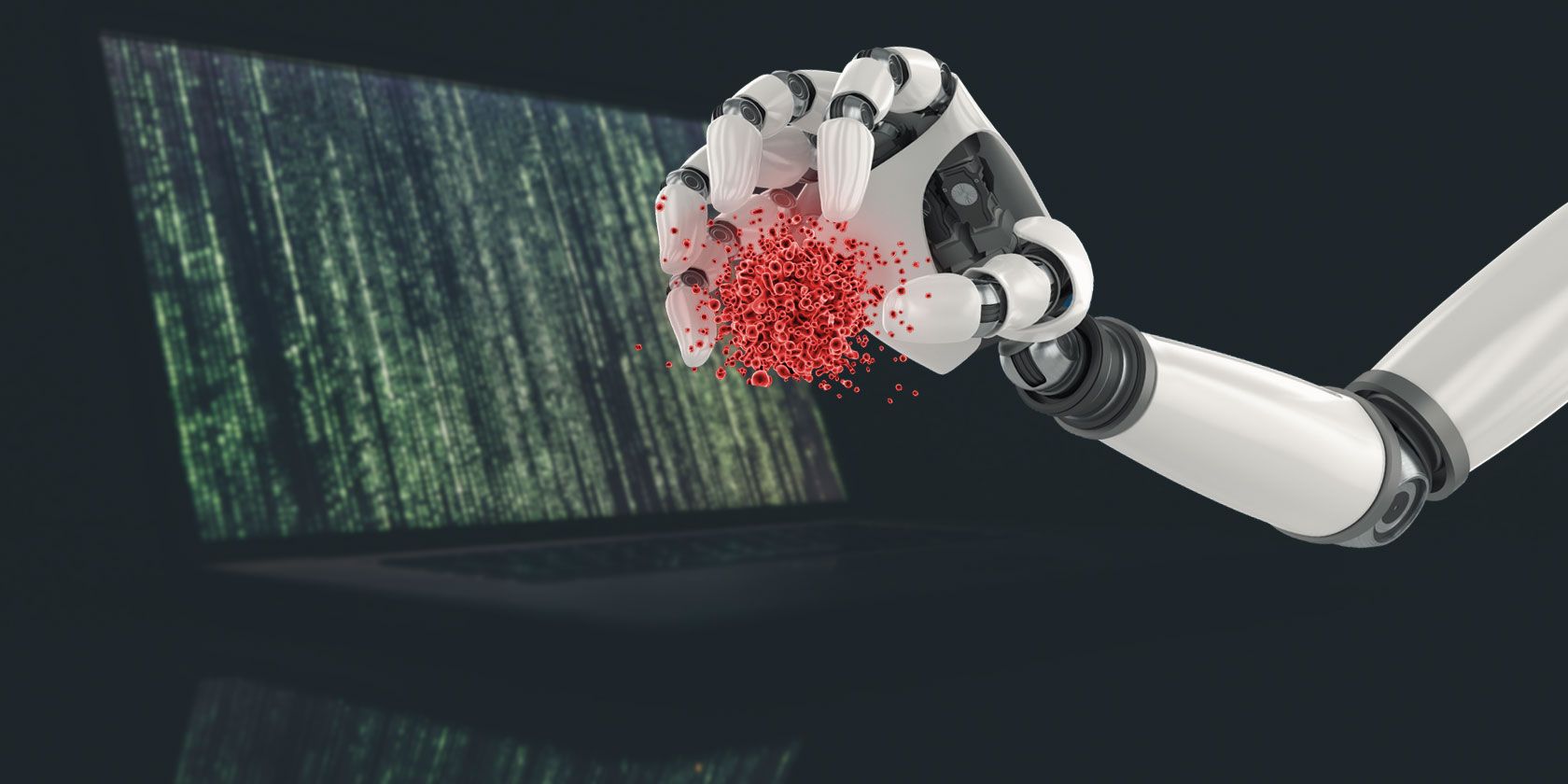A lot of people believe that antivirus software can cause a computer to slow down by 50 percent. Decades ago, this may have been partly true—but not anymore. Nevertheless, a security suite can still affect the overall speed of any device.
A PC can slow down due to several reasons, and antivirus software gets a bad rep. You need to analyze the situation further before blaming your antivirus.
Why Might Antivirus Software Affect Performance?
All of the apps on a computer use processing power. By having an antivirus, scans are regularly performed and the CPU usage gets higher.
Scans can happen at scheduled intervals. When a new application is installed, most security suites scan it for malicious intent anyway. Similarly, when a USB is inserted, a scan automatically prompts any user.
Each time a scan starts, the antivirus software needs to compare the network drive with a huge list of malware signatures, which naturally requires a decent amount of processing power. There are many types of malware, so security suites need to keep checking bigger databases.
Why Else Might Your PC Be Running Slowly?
Some people quickly blame security software or other apps that have been recently installed as the cause of speed issues, but other potential underlying factors should be considered as well.
It's highly unlikely that an antivirus will be considerably slowing down your device.
Check for Hard Drive Issues
One smart place to check is your PC’s hard drive.
A full memory will give any computer a tough time as it struggles for space to operate properly. Not having enough space would instantly slow the processing capabilities of your PC down and affect its overall performance.
Problems with your hard drive, including a lack of free memory, should be one of the first things to look into when your computer is lagging behind.
Is Your OS Updated?
Failing to update your operating system (OS) can cause your computer to slow down.
The updates on OS help patch previous or recurring coding problems. Being up-to-date is important for your computer speed—as well as making sure known security vulnerabilities are patched.
Check for Potential Malware
Malware can be another reason for performance lags. Even if you have an antivirus installed, some malware occasionally slips through the protection, notably if you authorized a download without heeding your security suite's warnings.
You can install free malware detectors which could help you in determining the real cause of your computer’s slower performance. But try your antivirus first: run a scan and it should find any problems then fix them.
Check Background Programs
Many installed apps request startup permissions. This means that as soon as you open your PC, these apps would like to open instantly.
When they start to run in the background, they will immediately utilize processing power.
Is your PC running hot? Can you hear its fan louder than normal? Sometimes, if there are too many processes running, you'll notice operations taking longer. Close any app that you're not using.
To check running apps, you can open the Task Manager on Windows or the Activity Monitor on Macs.
Tips to Speed Up Your Computer
Now that you have checked the different factors that may cause your computer's lagging, here are some tips to speed it back up.
Close Unused Apps
If you have too much running in the background, your system will naturally slow down. Once you've determined exactly which programs are still open, close any that you aren't using. You can normally force closures through task managers.
Delete Unnecessary Files
Every hard drive has wasted space. There are apps, accidental downloads, or old files that usually take up essential memory on your PC.
Clean up your hard drive of unwanted files. Get rid of anything you don't need anymore, or transfer them onto an external drive to save space on your device.
Time to Update
Your operating system is not the only thing that can cause performance lags if outdated. Each app that you installed on your PC can have the same effect.
Always schedule updates for your browser, apps, email clients, and streaming services. You will instantly find improved computer performance once you update everything.
Still Blaming Your Antivirus?
Background scans require power to process properly. So, to avoid inconvenience, just modify the settings and schedule all of your computer’s scans during the night or another time you're not using the device.
Reputable security suites shouldn't slow down your PC. Consider all the computers running Windows Defender as default—it's installed as standard on newer systems, and few complain about performance.
Nonetheless, if you think you have done everything to determine the cause and still blame your antivirus, then it’s time you switch it up.
There are different options you can choose from when it comes to security protection. You can experiment with them using money-back guarantees and even free trials.
Cloud processing helps your computer speed up as suites scan for viruses using the software company’s servers and lessen your computer’s burden.
The space that antivirus software takes up affects a computer’s speed too. Some antivirus companies require heavy downloads and affect RAM usage.
You should mull over these factors when choosing an antivirus that could help you eliminate computer slowdown.
Different Factors Slow a Computer Down
It's rarely just one thing slowing a device down. Check your computer’s hard drive and apps running in the background, and monitor for potential malware infiltration.
But even if you do think your security suite is causing performance lags, it has too many benefits to ditch entirely. You'd prefer to have a small delay, rather than a cybercriminal take control of your computer or you become a victim of identity theft. Consider switching antivirus software if you're not satisfied, but a strong antivirus is nonetheless essential.




